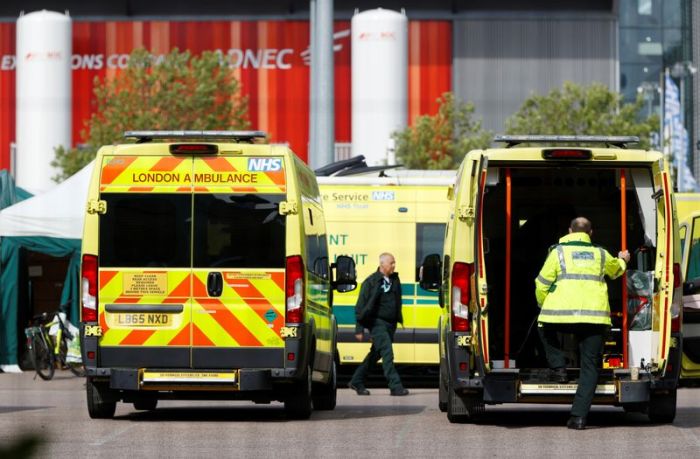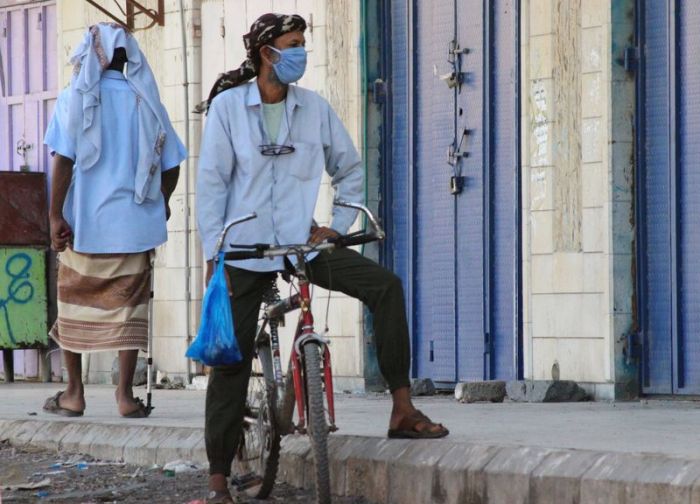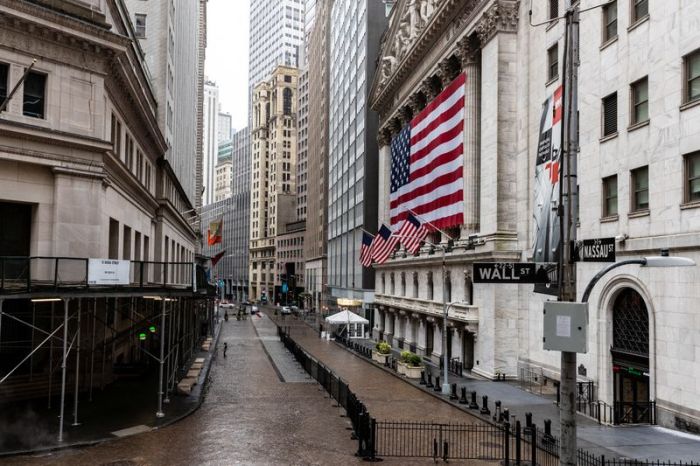LONDON (Reuters) – A slew of Britain’s mid-sized banks on Wednesday reported steady deposits and demand in the face of the COVID-19 pandemic, but warned it was too early to assess the long-term damage of the outbreak to their businesses.
Virgin Money <VMUK.L> swung to a first-half loss after booking a 232 million pound ($288.6 million) provision for bad loans and likely defaults due to the pandemic, but reported a higher than expected capital buffer of 13% that steadied investor nerves.
The bank, which became the UK’s sixth-largest lender following its takeover by CYBG, reported a pre-tax loss of 4 million pounds for the six months ended March 31, compared to a 50 million pound profit a year earlier.
Smaller rival OneSavings Bank <OSBO.L> said its net loans and retail deposits held firm in the first quarter, as did its 2.66% net interest margin – a key measure of underlying profitability – despite the tough market conditions.
“It is too soon to say what the longer term impact will be on our business, but we entered this period with a strong and secured balance sheet, sensible LTVs and strong risk management capabilities, equipping us well to navigate the current situation,” OneSavings Bank Chief Executive Andy Golding said.
Shares in Virgin Money gained 6% at 0853 GMT, while OneSavings was up 3%.
Metro Bank <MTRO.L> failed to reassure its investors with its thin quarterly trading update, reporting a modest dip in lending alongside a 77 million pound rise in total deposits. Its shares fell 5%.
Metro entered the crisis in bad shape after an accounting blunder last year decimated its stock market value, forced out its top bosses, and triggered an ongoing regulatory investigation.
The bank said it remained “difficult to predict with any certainty” how the outbreak would impact its customers and would provide an update when it reported half-year results, but said key capital ratios remained in excess of regulatory minimums.
“Metro’s limited Q1 trading update may be a hostage to fortune in terms of what it does not disclose as opposed to what it does,” Jefferies analyst Joe Dickerson said in a note.
Unlisted Co-op Bank reported a further quarterly pretax loss – of 27 million pounds – but said this was in line with company expectations. It booked benign impairment levels.
The flurry of updates comes after Britain’s biggest banks RBS <RBS.L>, Lloyds <LLOY.L>, HSBC <HSBA.L> and Barclays <BARC.L> set aside 6.7 billion pounds in provisions for likely loan losses last week.
The government imposed a lockdown in late March to contain the spread of the new coronavirus, bringing the economy to a near halt and making it tougher for some businesses and consumers to pay back loans on time.
Virgin Money also said it would delay the rebranding of Clydesdale and Yorkshire Bank for a year due to the impact of the crisis, although Chief Executive David Duffy told reporters the bank was committed to doing this over time.
Citing a lower capital buffer relative to peers, analysts had been concerned Virgin Money might need to raise additional capital, but a common equity tier 1 ratio of 13% was welcomed by analysts at Citi as “a big positive”.
Virgin Money Chief Financial Officer Ian Smith said the bank still had “a very substantial buffer” to the regulatory requirement of 10%.
(Additional reporting by Muvija M; Editing by Jan Harvey)

























